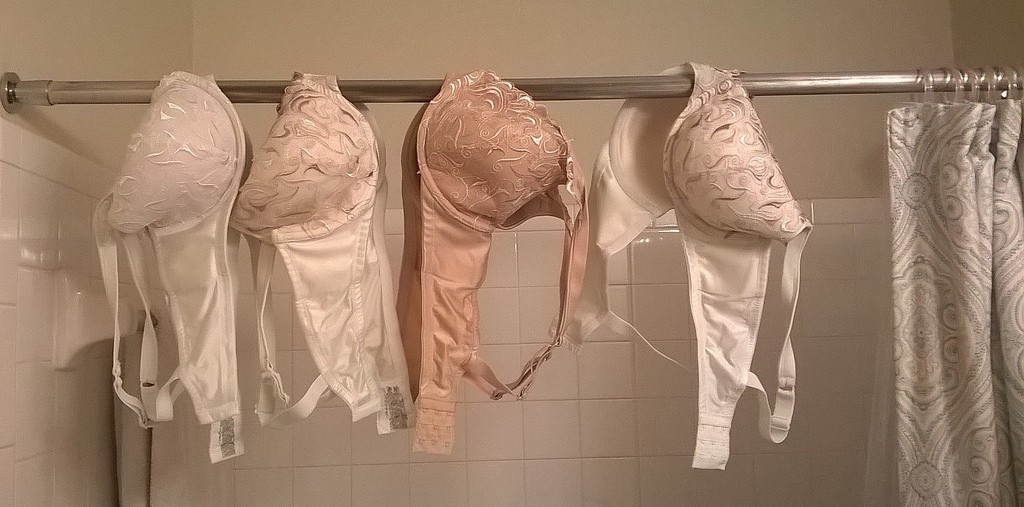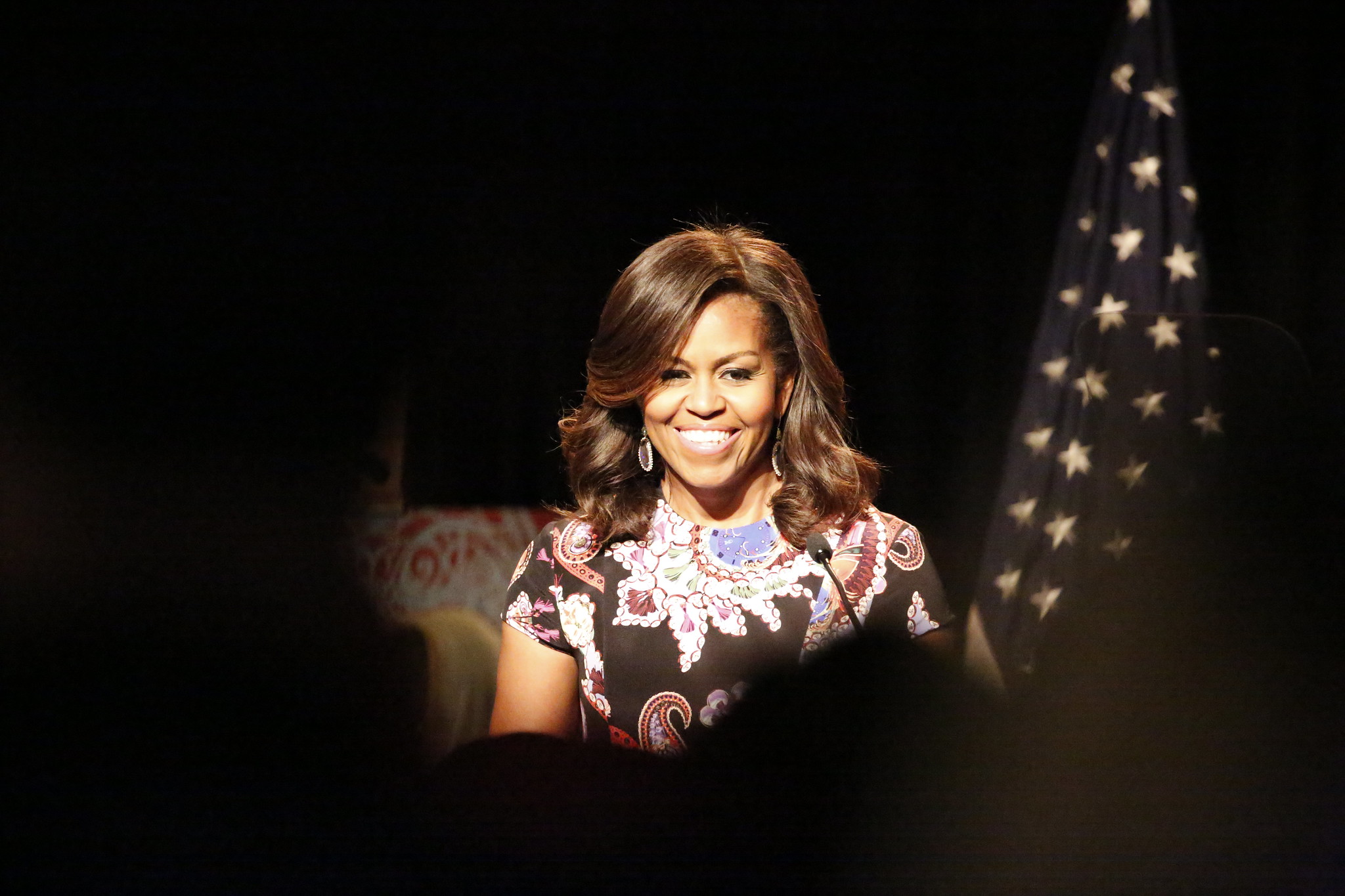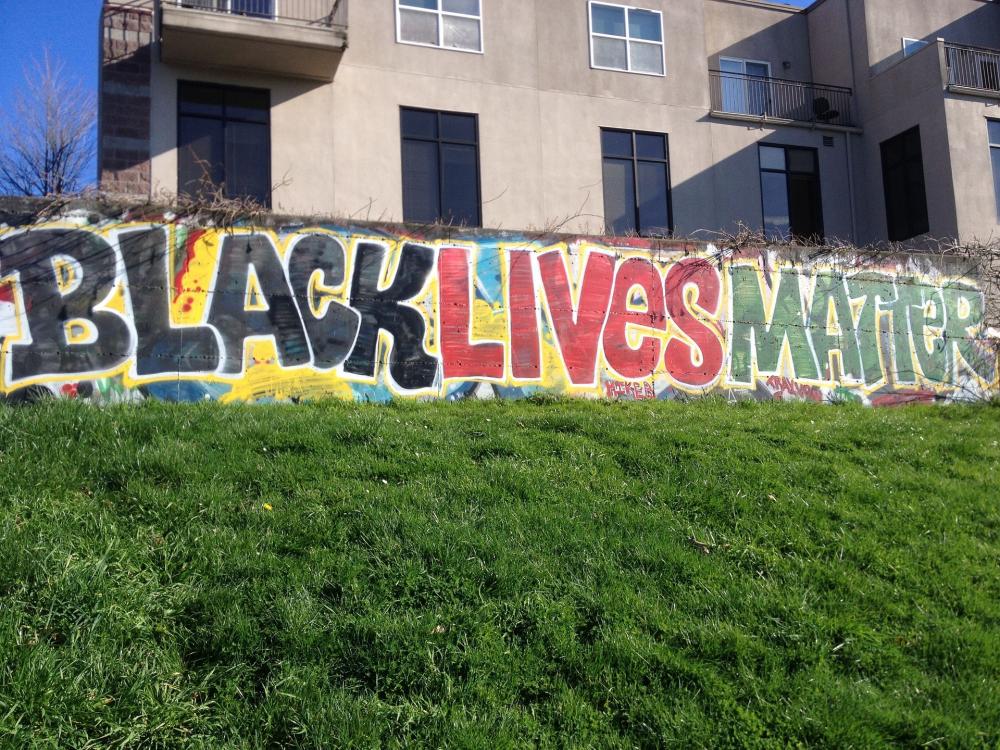essays
Black Language Shouldn’t Have to Be Muted for White Readers
I use African-American Vernacular English for a reason, and I expect you to keep up, Karen

I write about blackness. I write about blackness all the time. I write about blackness all the time because that’s the only way I experience this world, inside of my black, female body. Because of this, most of my characters speak African-American Vernacular English (AAVE) — a variety of English with its own unique grammar. When my characters speak this way, I don’t explain the slang or colloquial phrases to my readers because I know the people I write for will understand.
And if my readers don’t understand, then what I’m writing might not be written for them.
I’m currently working on my MFA and for one of my workshops, I wrote a short story about the policing of black students in public high schools. My protagonist, Eli, was a regular black teen. He was vocal but kind-hearted, cursed sometimes, and was an overachiever in every aspect of his life (or at least tried to be). In the first sentence of the story, Eli thought, “The food they feed us here is nasty as hell.” Throughout the piece, the protagonist said his teacher was “tripping” and used sentences like “Man, I’m so tired of this shit.”
AAVE isn’t a marker of low intelligence; if anything, it’s the opposite. To navigate both AAVE and “proper” English is an intellectual act in itself.
I received great feedback in the classroom, but the written feedback I sifted through afterward sent a different message. One of my classmates went so far as to say they initially thought Eli wouldn’t be an insightful, intelligent character because of the way he spoke. They said it wasn’t until I showed how he excelled in math class that they were convinced of my character’s intelligence. Another classmate, when asked for the story’s best sentences, said that there weren’t any; my character, they said dismissively, didn’t exactly set out to put a “remarkable twist on the English language.” Of course, these weren’t criticisms either of them said aloud during my workshop. They buried them in their written comments — left them for me to read when no one was around, when I couldn’t look them in the eyes and directly respond to their feedback.
I was hurt, and then, as I thought more about it, I was outraged. I realized that even though my classmates probably didn’t realize it, they were being racist. They believed if a person spoke in any other way than what they were taught was correct, that person must be uneducated. My classmates didn’t believe AAVE was a “remarkable twist to the English language.” They thought, instead, that it wasn’t a twist at all, but a nuisance.
But my white readers got it twisted. AAVE isn’t a marker of low intelligence; if anything, it’s the opposite. To navigate both AAVE and “proper” English is an intellectual act in itself. You have to know slang that is forever evolving and use it properly around others who understand it. You have to know what the slang translates to, and usually, these words have more than one meaning. When I am in academic spaces, I code-switch and speak as “properly” as possible. But when I am around friends or in mostly-black spaces, I speak differently. I use “ain’t” and “‘bout to” and “finna” sometimes. None of those things preclude me from speaking “well.” Being able to traverse these two languages shouldn’t make my classmates think my character is dumb. I use this language for my characters, not only because it is more accurate, but because it does some work that “proper” English won’t do. It shows personality and in some cases, it shows where my character comes from: AAVE, though universal in black communities, can differ subtly from location to location, in a way my black readers will understand. It puts words to things “proper” English may not have words for. But my classmates carry their implicit biases into the reading of my work, which hasn’t been confronted because they do it in the dark.
Writers of color are always told — not asked — to center and consider whiteness every time we write. To think about what kind of language white people enjoy reading, how much (or little) they’ll want to work to understand an experience besides their own, and how much push back we’ll get if we continuously write about race. As a black writer, I am told to do the work for the readers. I am told that AAVE needs to be muted so as to not overshadow the one language that matters to white people. I am told to make black experiences white ones instead, or at least experiences that are written in a language they find comfortable. I am asked to forget about the black girls and boys I write for, and instead, write for an audience that already has a spread of white writers to choose from.
I am told to make black experiences white ones instead, or at least experiences that are written in a language they find comfortable.
This isn’t just the case in my MFA program. I’ve seen best-selling authors of color voice similar opinions about white people reviewing their work, when these reviewers know nothing of the culture or the language the authors are shedding light on. I’ve seen white people say that they wish certain books would have taught them more about a language or a culture, as if they consider readers of color when they write—putting the responsibility on black writers to teach them about easily researchable topics.
When I started reading A Series of Unfortunate Events in second grade, I had a dictionary right next to me every time I read (excluding the times I read in the backseat of my mom’s car). Lemony Snicket wrote in a language that I wasn’t familiar with. He used words I hadn’t yet learned in class — but as a reader, instead of asking him to change the way he told the story, I committed to being part of that world. I became who he wanted me to become so I could understand the work. I still do this. If I am reading a story or poem that centers a culture or language I am unfamiliar with, I become acquainted. But I also get comfortable with the work it takes to understand an experience. I get comfortable with being uncomfortable.
I assume young, white readers also pulled out a dictionary to read Lemony Snicket. At that young of an age, it was an advanced read. I assume they asked a parent what a sentence meant, maybe even asked them to help them picture a scene. What makes him worth the curiosity and effort, and stories employing AAVE not worth a Google search?
If AAVE is a roadblock for white readers, they should do the work to get around it .
Black writers shouldn’t have to remove AAVE for their readers in order to have their work read and critiqued without racial bias. Our work should be appreciated for the (sometimes different) experiences it exhibits, the language and culture that belongs to us, and most of all, the story it tells. If AAVE is a roadblock for white readers, they should do the work to get around it — or remember they’re not the intended audience and find another read that considers whiteness first. There are plenty. I write for blackness first, and don’t intend on changing my characters to make my work more palatable.
White readers put effort toward decoding language elsewhere, but let laziness and racism stop them from engaging with the work of black writers. They shouldn’t view AAVE as a non-intellectual language, but as what it is: a language. A language, like all others, they have to work to decode. A language they have to open their mind to and let in. A language that shows the beauty in our dialect as well as everything that comes with our culture. A language that shouldn’t have to be omitted just because of white readers’ bias.








